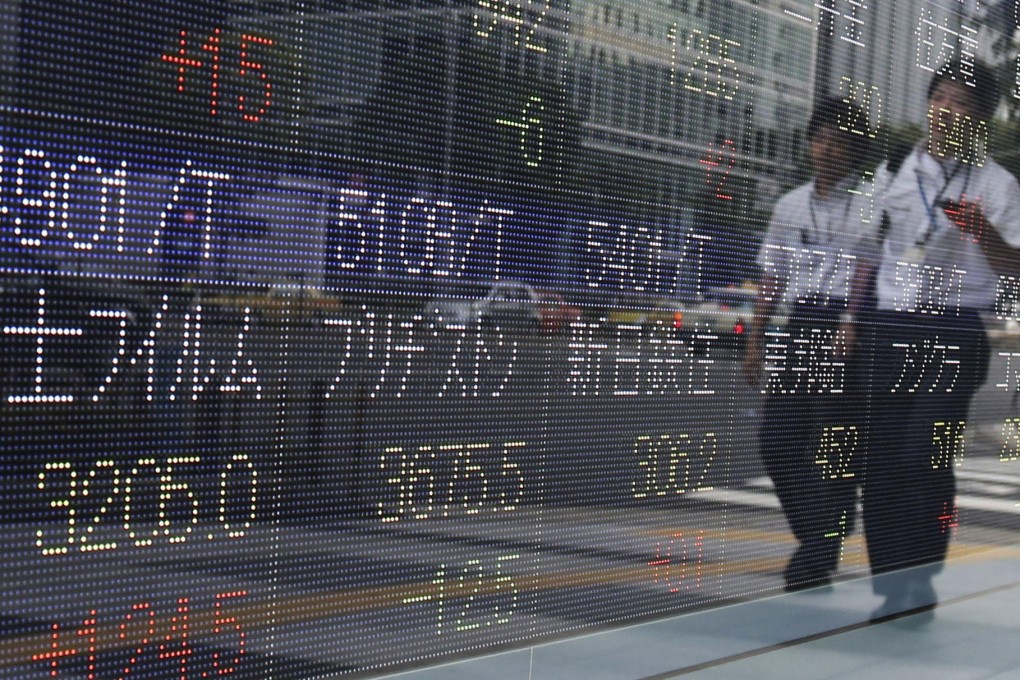New performance index makes waves in Japan
Government-backed initiative aims to change businesses by ranking them on profit measures

Two years after being plucked from the ranks of exchange product developers to design the JPX-Nikkei Index 400, Daisuke Tanaka finds himself at the centre of a corporate revolution.
The lifelong employee of Japan Exchange Group is executing a plan backed by the government to shame corporate executives into boosting profits rather than hoarding cash. Tanaka's index, which aims to stoke the economy, is changing company behaviour and winning fans such as Goldman Sachs even as detractors deride its make-up and say it will cause investors to buy when valuations peak.
This index is about making things better for all Japanese companies
"I feel glad we've made this measure," Tanaka said. "I've no regrets about how we set it up."
Tanaka is at the forefront of an experiment in corporate engineering with an index, considered by some to be a smart beta gauge that ranks companies on profit measures such as return on equity as well as market value. The gauge started in January and drew attention when Sony was kicked out this month.
Specialised indices are gaining traction with investors seeking to cut asset-management costs. Smart beta funds accounted for about 18 per cent of US exchange-traded assets at the end of last year, including exchange-traded notes, and grabbed 31 per cent of exchange-traded fund net deposits in the year.
Almost US$2 billion was tracking the gauge as of August 7 in four ETFs and 19 investment trusts, JPX president Atsushi Saito said. The US$1.2 trillion Government Pension Investment Fund had about US$1.5 billion following the measure through three passive funds, it said.
"When we built it, we didn't know whether the funds would come," Tanaka said.
